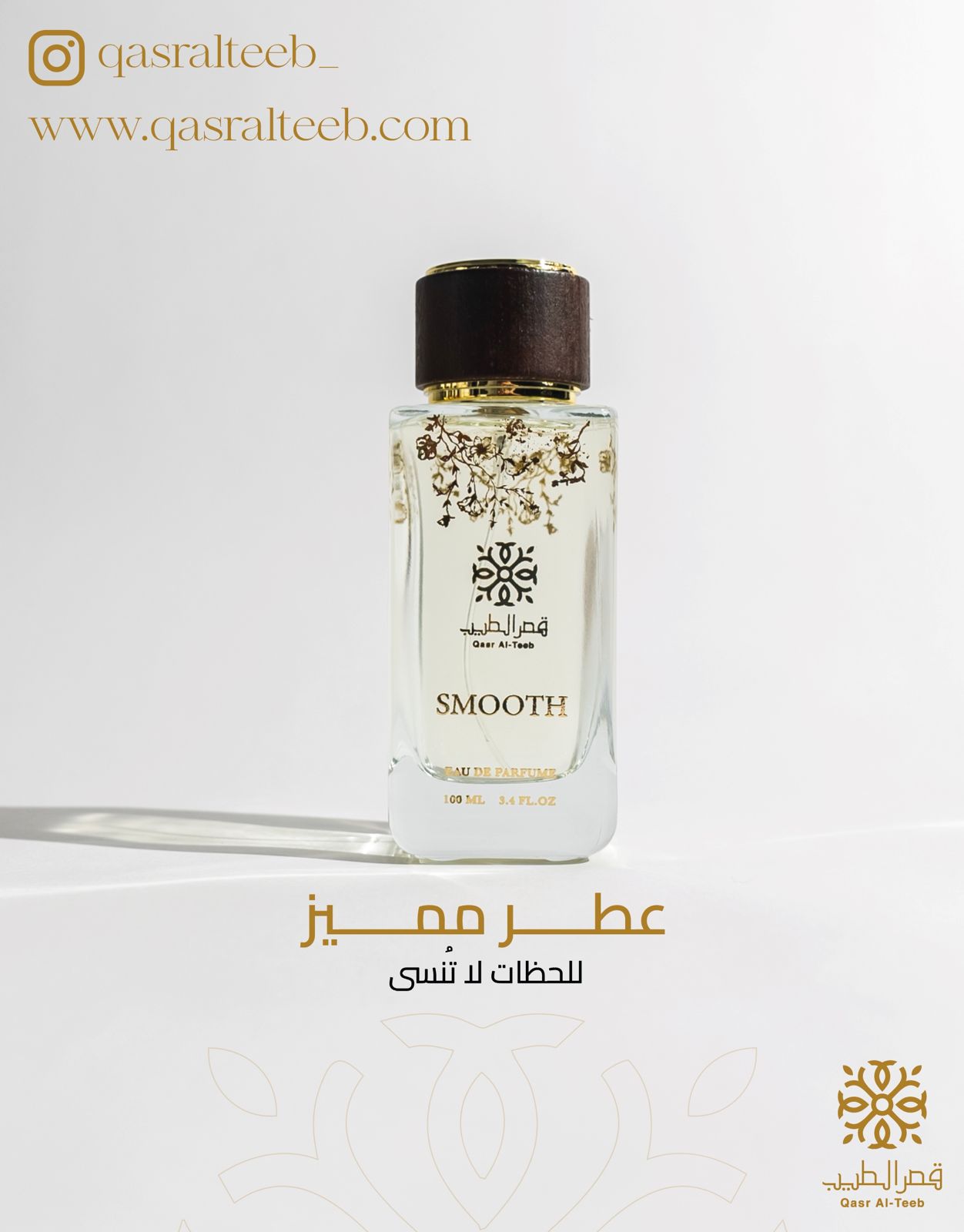


Kuwait witnesses from time to time a meteorological phenomenon known globally as "Haze" (Al-Hazeer). It is a condition of widespread suspended light dust and fine particles in dry air, leading to a noticeable reduction in horizontal visibility. It is classified as an atmospheric impurity according to the World Meteorological Organization.
The acting Director of the Meteorological Department, Dr. Al-Ali, told the Kuwait News Agency (KUNA) on Sunday that "Haze" contains various materials such as fine sand, pollen, some metals after they rust or undergo erosion, and other substances depending on the geographical location.
Al-Ali added that "Haze" appears brown or grey and resembles light fog, known locally as "Al-Mareeh," but differs in composition and humidity. He explained that "Haze" is a common phenomenon in desert and semi-desert regions.
Regarding the frequency of this phenomenon in the country, he reported that Kuwaiti meteorological reports show it occurs on more than 290 days a year, mostly during May and July. He pointed out that the formation of this phenomenon is due to strong winds that stir up dust, in addition to severe dryness that prevents the deposition of particles.
He also stated that other causes include human activities such as construction, excavation, and the use of building materials, alongside natural factors like the drying up of rivers and lakes and the formation of muddy lands (sabkhas). Their bottoms are usually composed of very fine sand that rises with moderate wind speeds, especially with high temperatures, as the intense heat contributes to soil fragmentation and causes this phenomenon.
Regarding the health and environmental impacts of this phenomenon, he indicated that it affects the respiratory system due to the high concentration of fine particles (PM 10 and PM 2.5) in the air. It also contributes to an increase in hospital emergencies, especially among asthma and allergy patients, due to reduced air quality.
Al-Ali stated that the relevant authorities in the country recommend following preventive measures to avoid the effects of this phenomenon, such as staying indoors as much as possible, using high-filtration masks like (N95), avoiding exercise or outdoor activities, and following official weather bulletins through meteorological applications or media outlets.
He pointed out that the Kuwaiti Meteorological Department is working hard to develop early warning systems, update numerical forecast models, and intensify cooperation with health, environmental, and media agencies to ensure the safety of citizens and residents from the risks of this phenomenon.
